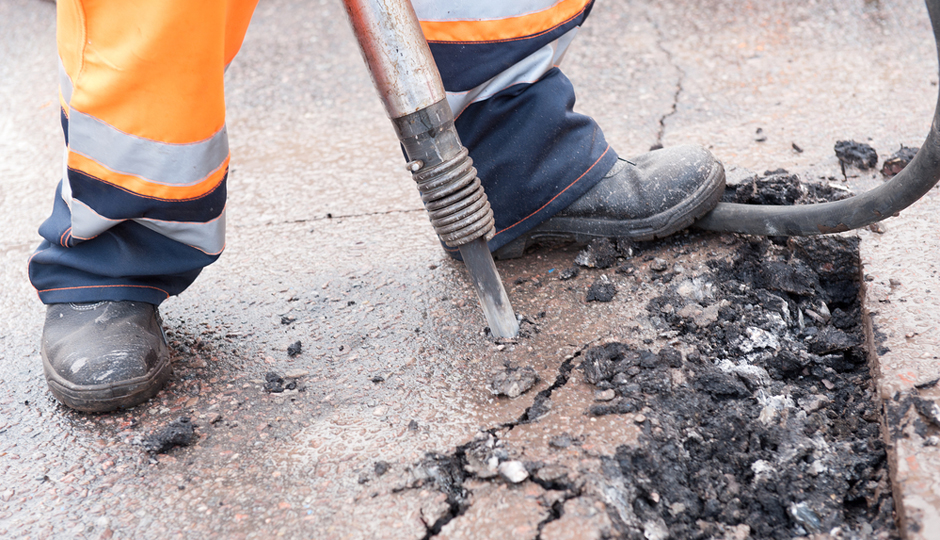Worked to Death: Court Rules for Widow of Employee “Jackhammering All Day”
Was Robert Dietz worked to death by a suburban municipal authority? His widow argued that he was, and has just been awarded workers compensation benefits by the Pennsylvania Commonwealth Court.
A field maintenance worker for 20 years, the 48-year-old Dietz died in 2007 during a 14-hour shift at the Lower Bucks County Joint Municipal Authority. His wife Judith argued that it was a “physical job that included jackhammering to dig up the road, repairing water main breaks and cutting tree roots out of the sewer system,” court documents said. On the day he died, his wife claimed that Dietz was “jackhammering for hours,” according to court docs.
Mrs. Dietz appealed to the Commonwealth Court after the Workers’ Compensation Appeal Board denied benefits for her and her child.
Dr. Larry Wolk argued that after Dietz worked a particularly long shift the previous day, his hours of physical labor caused his fatal heart attack. “Dr. Wolk did not see anything else in the medical records that would have caused the heart attack. Thus, but for his long workday, [Mr. Dietz] would not have had a fatal heart attack on November 7, 2007,” Judge Mary Hannah Leavitt wrote in her opinion. Although he smoked a pack of cigarettes per day, Dietz was not diagnosed with heart disease. He did take medicine to control cholesterol.
The municipal authority released findings by a doctor who said Dietz had coronary artery disease and died as a result of an acute narrowing of a myocardial blood vessel or vessels resulting in ventricular fibrillation. The Workers Compensation Judge in the case sided with Dr. Wolk, finding his “causation to be credible and persuasive that working on a field maintenance crew for 14-plus hours caused the cardiac event and death of [Dietz.]”
In the event of a work-related death, a widow with one child is entitled to an award of 60 percent of the decedent’s wages and up to $3,000 for burial expenses.



